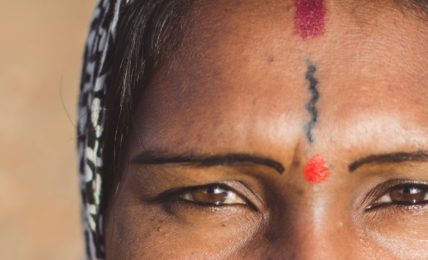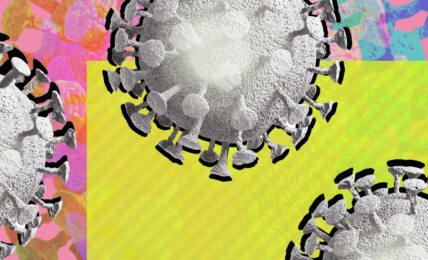New study outlines how racism can be toxic to health
The study is one of the first large, community-based studies to suggest an association between discrimination over a lifetime and the development of hypertension among a large sample of African American men and women.











